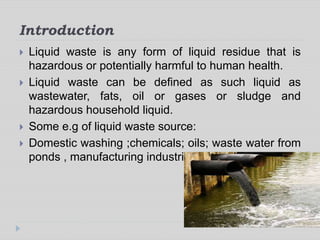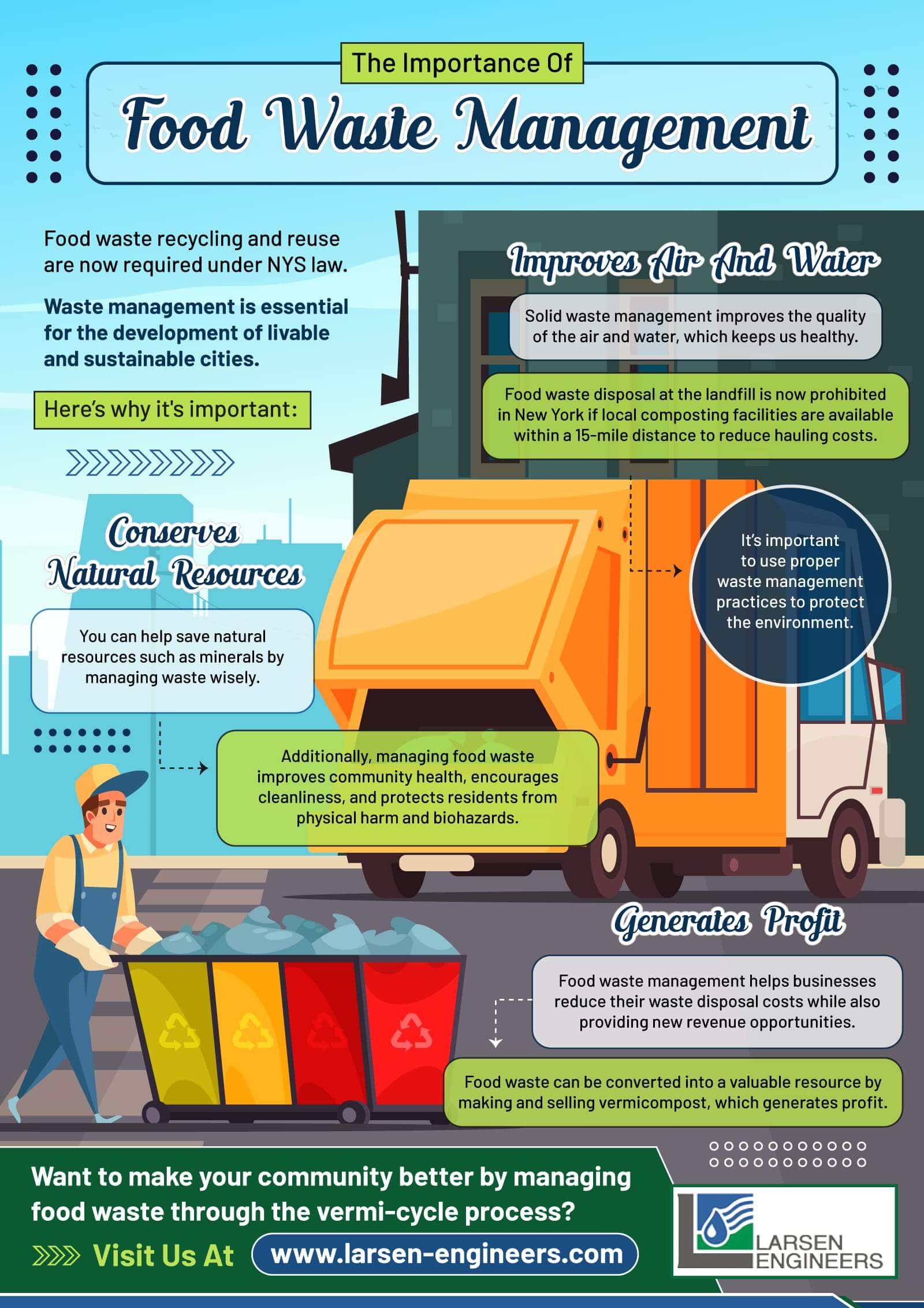How Reclaim Waste can Save You Time, Stress, and Money.
How Reclaim Waste can Save You Time, Stress, and Money.
Blog Article
Reclaim Waste - Questions
Table of ContentsThe Main Principles Of Reclaim Waste The Ultimate Guide To Reclaim WasteThe Greatest Guide To Reclaim Waste10 Simple Techniques For Reclaim Waste5 Easy Facts About Reclaim Waste Explained
Domestic sewer waste refers to the waste and products from a household septic tank. The appropriate monitoring and disposal of residential sewer waste require liquid waste to be moved to a sewage therapy plant where the appropriate approaches and equipment are applied to cleanse and dispose of waste.
Commercial waste typically includes potential dangers, such as flammable materials or a blend of fluid and strong waste products, and needs an extra advanced and in-depth disposal process. The disposal of commercial waste usually entails the purification of waste prior to transport to make certain safe and proper disposal. Industrial waste is developed from byproducts and runoff of commercial processes and production.
This type of waste can not use the exact same sewer monitoring transport or processes as septic or commercial liquids. The industrial waste administration process needs the inspection and testing of liquid waste before it goes through the disposal process (liquid waste removal melbourne). Runoff waste is the liquid waste that comes from drainage and excess stormwater in very populated areas or cities
Runoff waste can trigger contamination and flooding if not managed correctly. Find out more regarding drain cleaning and waste administration. Making sure proper waste management can avoid disasters and lower ecological injury. Both individuals in domestic setups and experts in industrial or production markets can profit from understanding the procedures and policies of liquid waste management.
The Single Strategy To Use For Reclaim Waste
Contact PROS Providers today to discover our waste administration and disposal solutions and the correct methods to look after the liquid waste you produce.
(https://www.intensedebate.com/people/reclaimwaste1)Do you know what takes place to your water when you disengage, flush the commode or drain pipes the washing machine? No? Well, it deserves recognizing. This supposed 'wastewater' is not only an essential resource yet, after treatment, will certainly be launched to our land, waterways or the ocean. Used water from commodes, showers, baths, cooking area sinks, laundries and commercial processes is understood as wastewater.

water used to cool down equipment or clean plant and devices). Stormwater, a form of wastewater, is runoff that streams from farming and city locations such as roofings, parks, yards, roadways, courses and rain gutters right into stormwater drains pipes, after rain. Stormwater streams without treatment straight to neighborhood creeks or rivers, eventually getting to the sea.
The Best Guide To Reclaim Waste
In Queensland, most wastewater is dealt with at sewage treatment plants. Wastewater is moved from domestic or industrial sites through a system of sewage systems and pump stations, called sewerage reticulation, to a sewer therapy plant. Neighborhood federal governments build, maintain and run most sewage treatment plants. Operators are licensed under the Environmental Management Act 1994 to discharge treated wastewater at an acceptable environmental standard into waterways.
The Division of Natural Resources suggests city governments concerning handling, operating and keeping sewage systems and therapy plants. In unsewered areas, local federal governments might need homeowners to install individual or home sewage therapy systems to deal with residential wastewater from bathrooms, kitchen areas, bathrooms and laundries. The Division of Natural Resources authorises the usage of household systems when they are proven to be reliable.
The majority of stormwater obtains no treatment. In some brand-new communities, therapy of some stormwater to eliminate litter, sand and crushed rock has actually started using gross toxin traps. Wastewater therapy happens in four phases: Eliminates strong matter. Larger solids, such as plastics and various other items mistakenly released to sewage systems, are gotten rid of when wastewater is gone through displays.
Makes use of little living organisms understands as micro-organisms to damage down and get rid of continuing to be liquified wastes and great particles. Micro-organisms and these details wastes are integrated in the sludge.
Some Known Facts About Reclaim Waste.
Nutrient removal is not offered in any way sewer therapy plants since it calls for expensive specialised equipment. It is coming to be a lot more usual in Queensland. Clear liquid effluent created after therapy might still consist of disease-causing micro-organisms. If this effluent is released right into rivers such as rivers or the sea, the micro-organisms will at some point pass away out.

This generally indicates wastewater needs to be treated or pollutants eliminated before it can be released to rivers. A lot of wastewater streams into the sewage system. Under the Act, city governments provide approvals and licences for eco appropriate activities (Ages) entailing wastewater releases that could have a neighborhood influence. The division administers authorizations and permits to Periods including wastewater launches that could have a local or statewide impact.
What Does Reclaim Waste Do?
Monitoring provides accurate info concerning water high quality and can verify that permit problems are being met. The info acquired with surveillance provides the basis for making water quality decisions.
Report this page